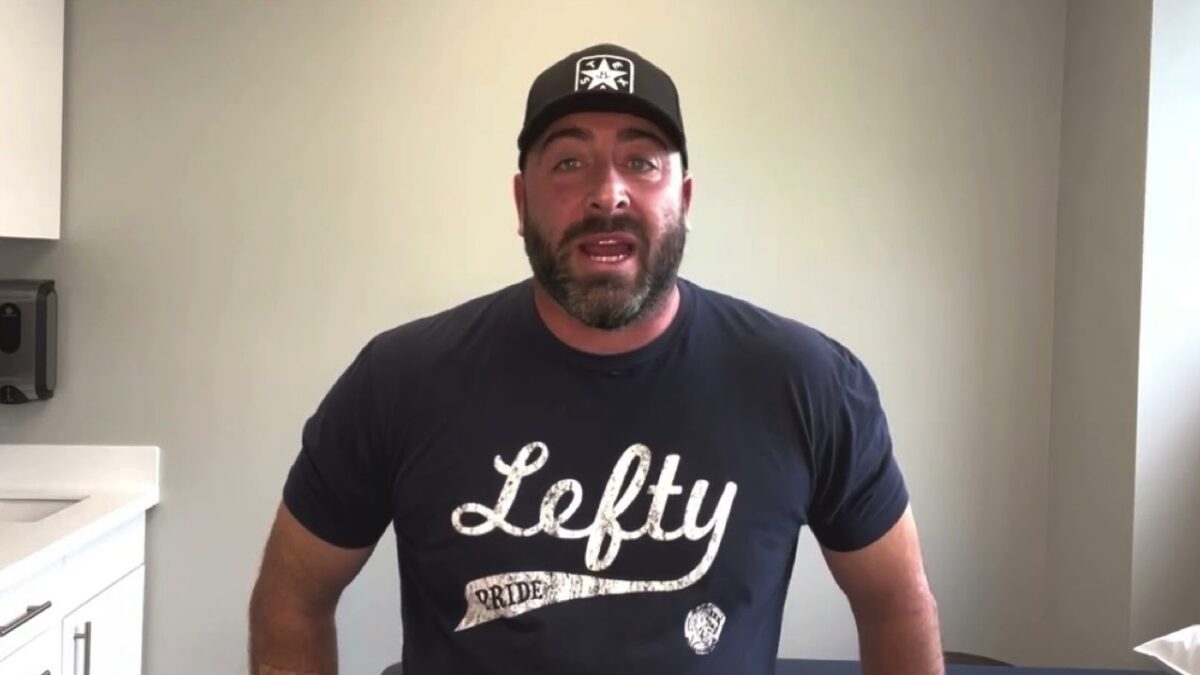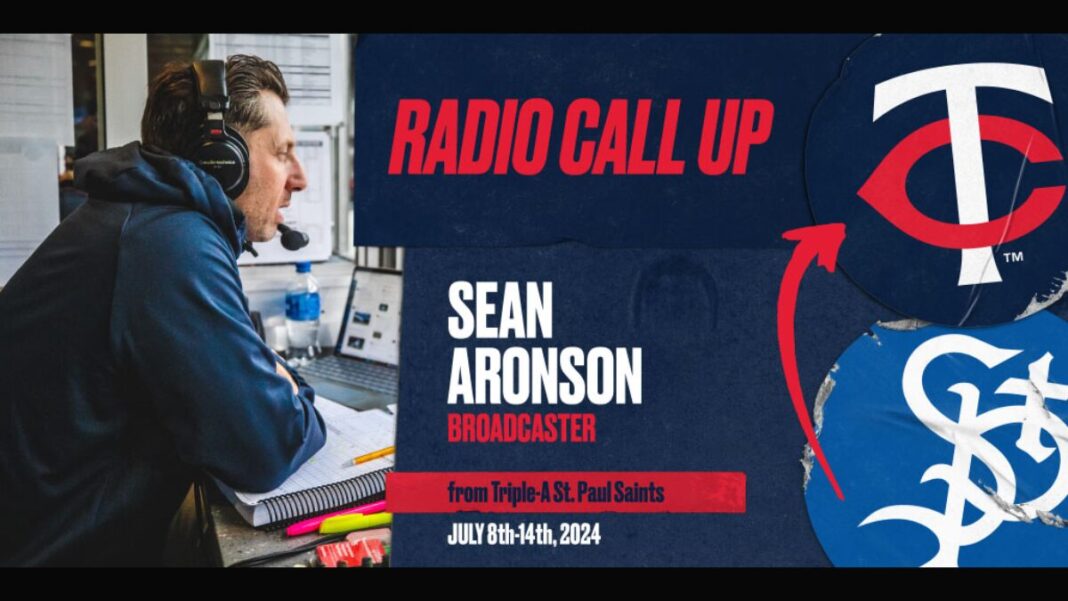The Dallas Stars and Diamond Sports Group came to a mutual agreement last week that will terminate their existing media rights agreement pending court approval. Diamond Sports Group, which has been in Ch. 11 bankruptcy since last March, is nearing a confirmation hearing to attempt and receive official approval of its reorganization plan, which would include $450 million in debtor-in-possession financing as part of the deal. Diamond Sports Group currently holds the rights to nine NHL teams, along with several teams within the NBA and MLB.
While the Stars are reportedly looking to find a new regional television deal, the team and A Parent Media Co. Inc. are creating VICTORY+, a new free ad-supported direct-to-consumer streaming service that will allow fans in the team’s locale to watch live game broadcasts. The Stars are the second National Hockey League team to depart Diamond Sports Group in the last few weeks following the defending Stanley Cup champion Florida Panthers deciding to sign a deal with Scripps Sports.
Rob Manfred, the commissioner of Major League Baseball, was unsure last month when asked about the league’s support pertaining to Diamond’s reorganization plan. Manfred testified in bankruptcy court last year that Sinclair Broadcast Group executive chairman David Smith threatened bankruptcy and the selective rejection of contracts after he did not receive direct-to-consumer broadcast rights to bolster its Bally Sports Plus app. Diamond dropped the San Diego Padres and Arizona Diamondbacks in the midst of the 2023 season, teams that currently have their games produced and disseminated by Major League Baseball itself.
Evan Drellich of The Athletic reported earlier this year that the league and some of its owners had discussed the possibility of nationalizing its television rights. The conversation came from concerns regarding cord cutting, the situation surrounding regional sports networks and the growing presence of live sports within an environment in which more consumers are deciding to stream content. Centralizing the manner in which the media business of the league operates, however, is a hypothetical plan to which RJ Choppy does not foresee large-market teams willingly acquiescing.
“MLB’s pivot – they really want to house all the media rights under one umbrella,” Choppy said on Monday morning’s edition of Shan & RJ on 105.3 The Fan. “They want to have it like the NFL does [where] they control all the TV rights for all the teams. That’s what they want, but you’re never going to get the Red Sox to agree to that or the Yankees or the Dodgers – or these teams have these giant – [or the] Mets – that have these giant regional networks that they own. You’re never going to get them to agree to that.”
Choppy explained that MLB and the NHL have similar television contracts in that most of their games are televised on local networks. He proceeded to outline the three options that he believes the company faces at the conclusion of its Ch. 11 bankruptcy hearing, the first of which is the company exiting bankruptcy and honoring the contracts, something he stated the company does not view as possible. The second option is that Diamond would emerge as an unstable organization akin to where it started, while the third would be MLB taking over its local television rights with games accessible through MLB.TV.
Earlier in the segment, morning show producer Bobby Belt remembered the days when he would be able to watch the Texas Rangers or Dallas Mavericks every night on local television. Belt then explained that there was a time when they could not be seen without a cable package, risking complications as it pertained to carriage agreements. When the Mavericks had a slate of games at the end of the year made available on ABC, it represented a “refreshing change of pace” to him.
“If the Stars are looking to do more of this DTC stuff – a free app where they can basically just do a revenue share with advertisers and things like that – I like the idea of moving back towards this accessible to everybody in the metroplex, not just the ones who have the right cable package or who have the right cable subscription,” Belt said, “because in some instances, where you live, you can’t even get some of these different cable packages.”










